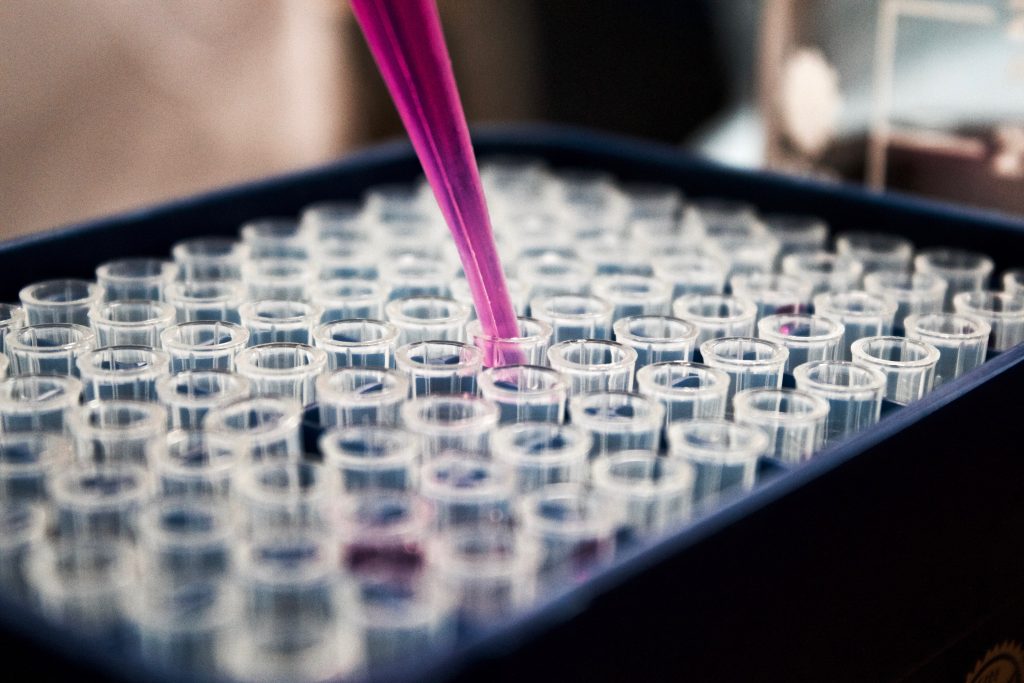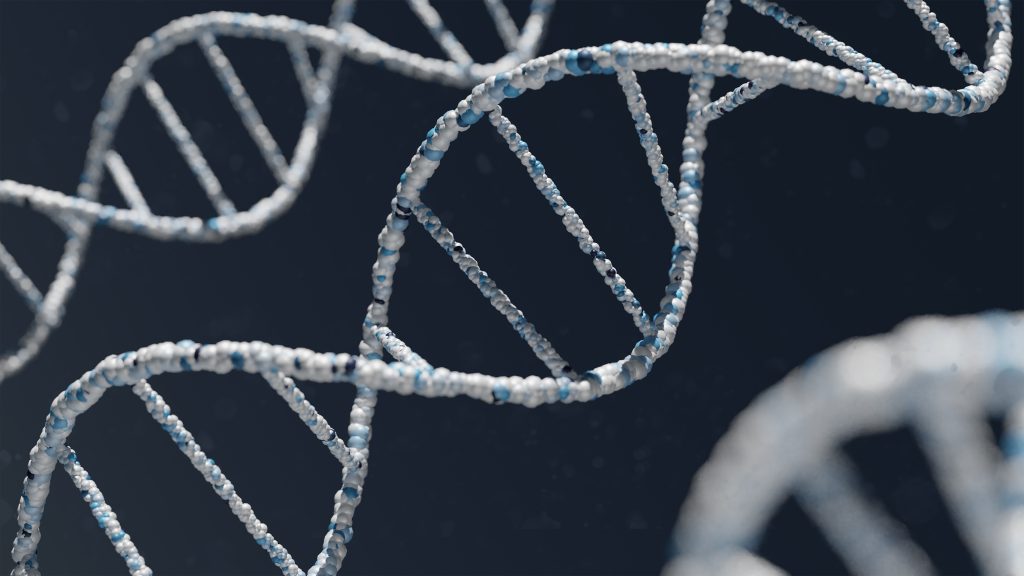Why the mother should take part in a paternity DNA test

With a paternity DNA test, we are often asked if the mother needs to provide her DNA. After all – she knows she is the mother.
But, in actual fact, it is beneficial for the mother to provide her DNA. This is why we prefer to test the mother where possible. We’ll explore the reasons within this blog
Do you need consent for DNA Paternity testing?
Reasons why a mother taking part is beneficial for a DNA test
In short – it increases the accuracy of the results. If the mother’s DNA is included, it is possible to identify which of the child’s DNA comes from her. This then leaves the paternal DNA to compare against the potential father.
Calculating the probability of paternity
This means that when the mother is tested, the “probability of paternity” can be calculated with more certainty. Because we are more sure of what DNA must come from the father.
So although it’s not needed, the mother’s involvement provides more accurate results. However, if the mother is unable to take part, you will still receive a conclusive result. There may be occasions where the laboratory requires further DNA to gain a conclusive result.
What about extended family DNA tests?
Even if we are not looking at conducting a paternity DNA test it’s beneficial to include the mother in testing. Testing the mother’s DNA increases the likelihood of a conclusive result for any DNA test. Whether that be siblingship, aunt/uncles or grandparents. This is why we strongly advise that the mother of the child participates in all DNA tests.
Check out our blog for 6 interesting DNA facts
Are there any other occasions where having a mother’s sample is beneficial?

On rare occasions, the results can provide a ‘mutation’ which is where a single STR locus does not match. A mutation means that a strand of DNA has changed length when passed on from the parent. This in turn means it is represented as a different number when reported in the paternity result. The mother of the child must be tested at this point (preferably at the initial stage) in order to conclude a positive result.
Another reason why a single STR locus would not match would be if a direct male relative of the putative father tested, could in fact be the biological father of the tested child. For example, a full brother, father or even grandfather. However in order to provide greater probability, the mother of the child is required to be tested.
Unlike other testing companies – we never charge for the mother’s sample.
Find out more information on DNA testing
How Can We Help You Today?
We’re here to assist with private and public law cases in the Family Courts. If you’ve got a question, need a cost or you’re ready with an instruction, give us some details and we’ll get back to you quickly.